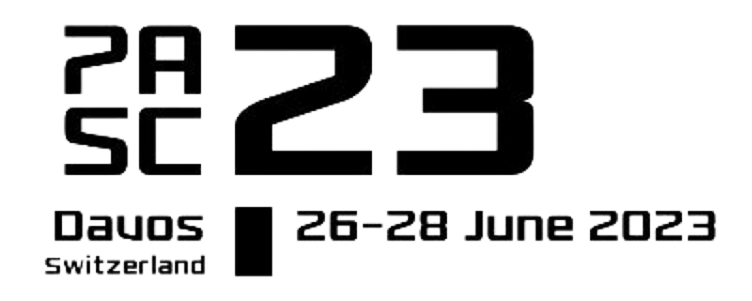Presentation
Enhancing Molecular Dynamics Simulations through Deep Learning
Presenter
DescriptionComputational chemistry allows exploration of molecular systems at atomic resolution. Molecular dynamics (MD) simulations are key to account for solvent and entropic effects. If an explicit description of the system's electronic structure is also required, mixed quantum mechanics/molecular mechanics (QM/MM) MD simulations are highly attractive. However, application of these methods is limited due to their computational cost. Semi-empirical methods like PM7, DFTB, or XTB approximate the Hamiltonian, which leads to significant reduction of computational costs. To alleviate the inherent loss in accuracy, we have developed deep neural networks that predict the difference in the potential-energy surface of the QM particles calculated with DFTB compared to a DFT reference (Δ-learning). Newer generations of these models are also designed to approximate the reference method itself. We have explored high-dimensional neural network potentials, as well as graph-convolutional neural network architectures. More recently, we demonstrated the possibility of encoding long-distance and directional information by means of an anisotropic message passing formalism. The deep-neural networks are interfaced to the GROMOS software to allow condensed-phase (QM)ML/MM MD simulations at DFT level of theory at a fraction of the attendant computational costs. Large systems that were hitherto unfeasible to explore will thus become available for in-depth study.
TimeMonday, June 2614:30 - 15:00 CEST
LocationSchwarzhorn
Session Chair
Event Type
Minisymposium
Chemistry and Materials

